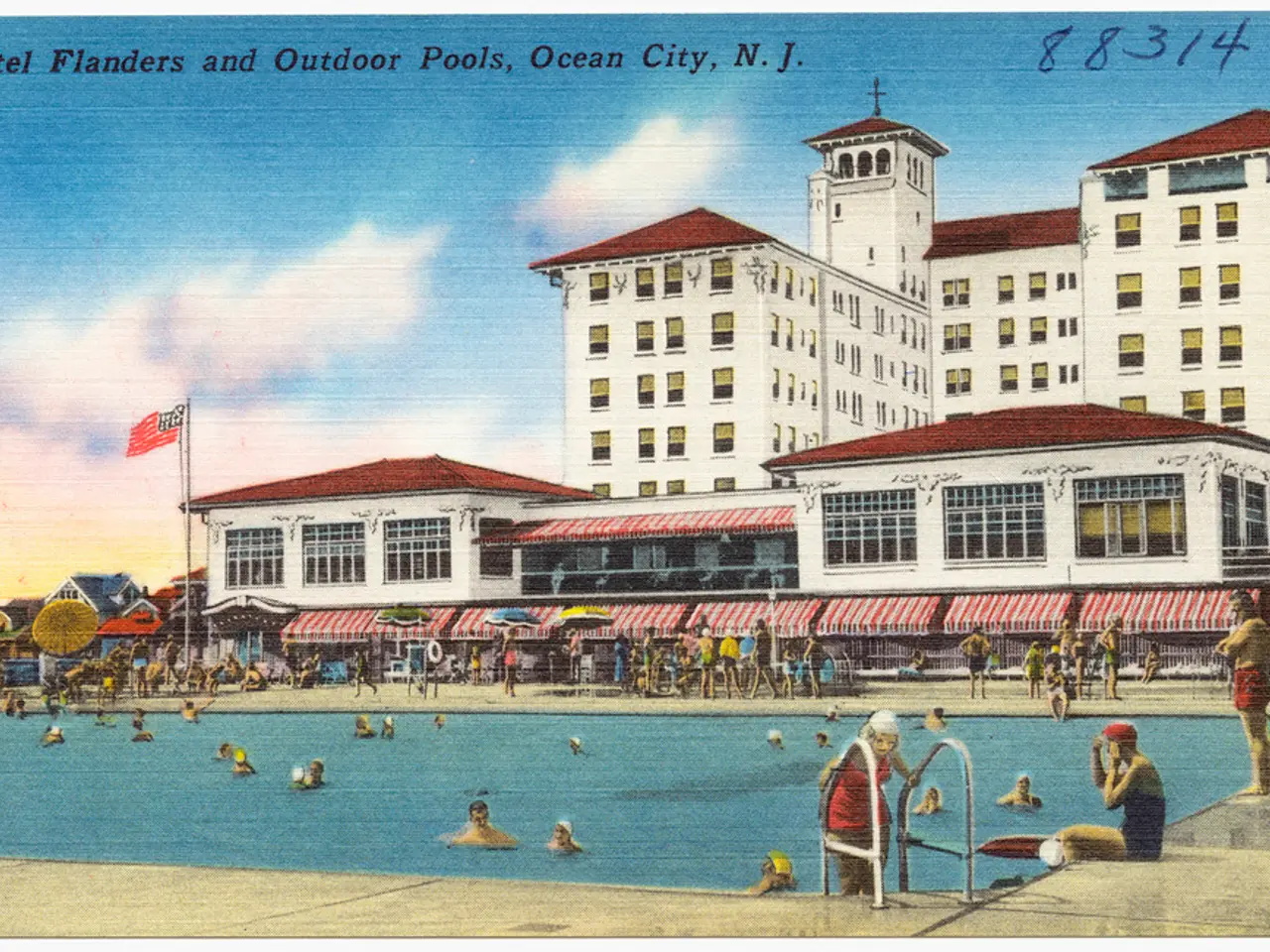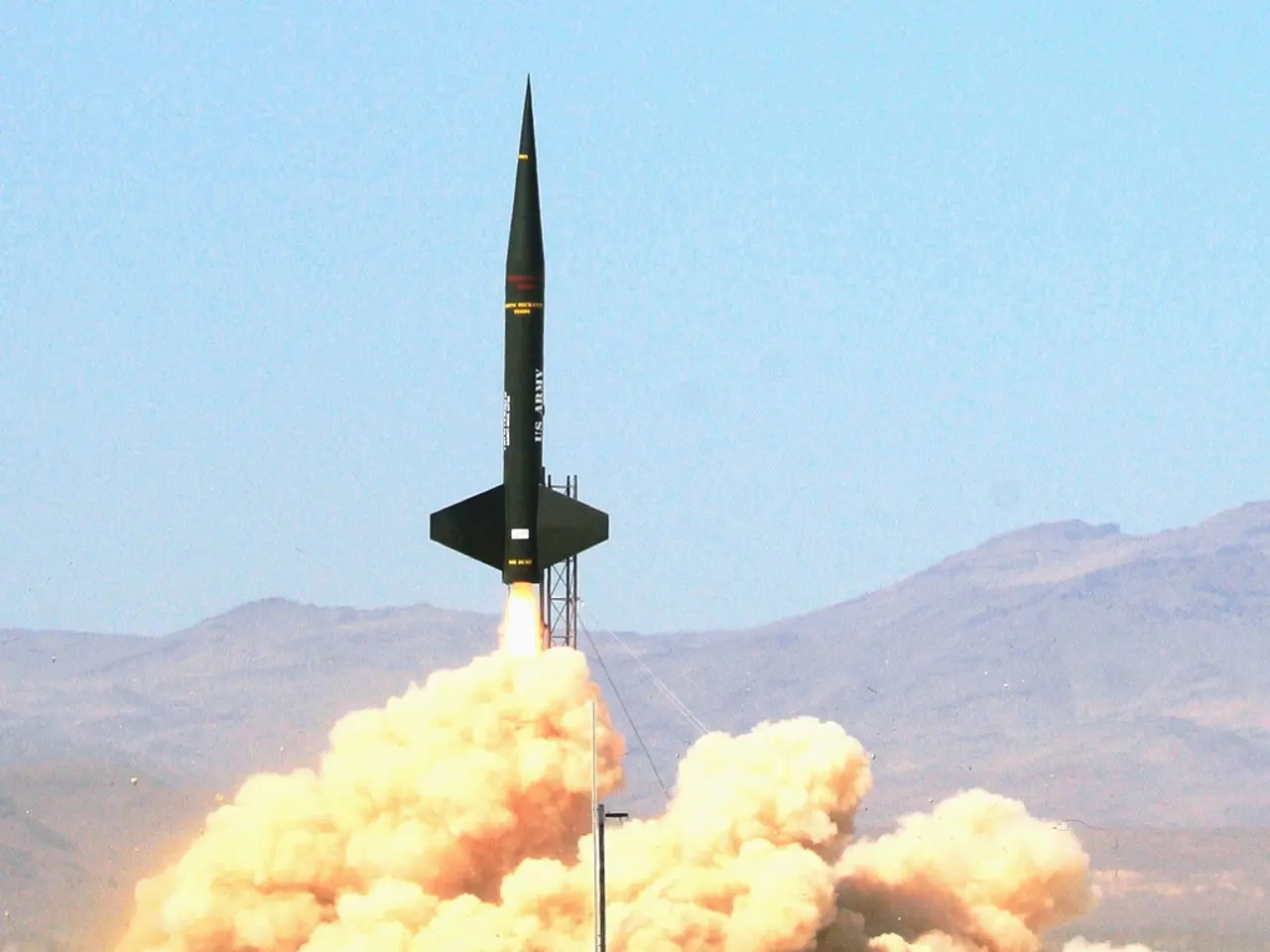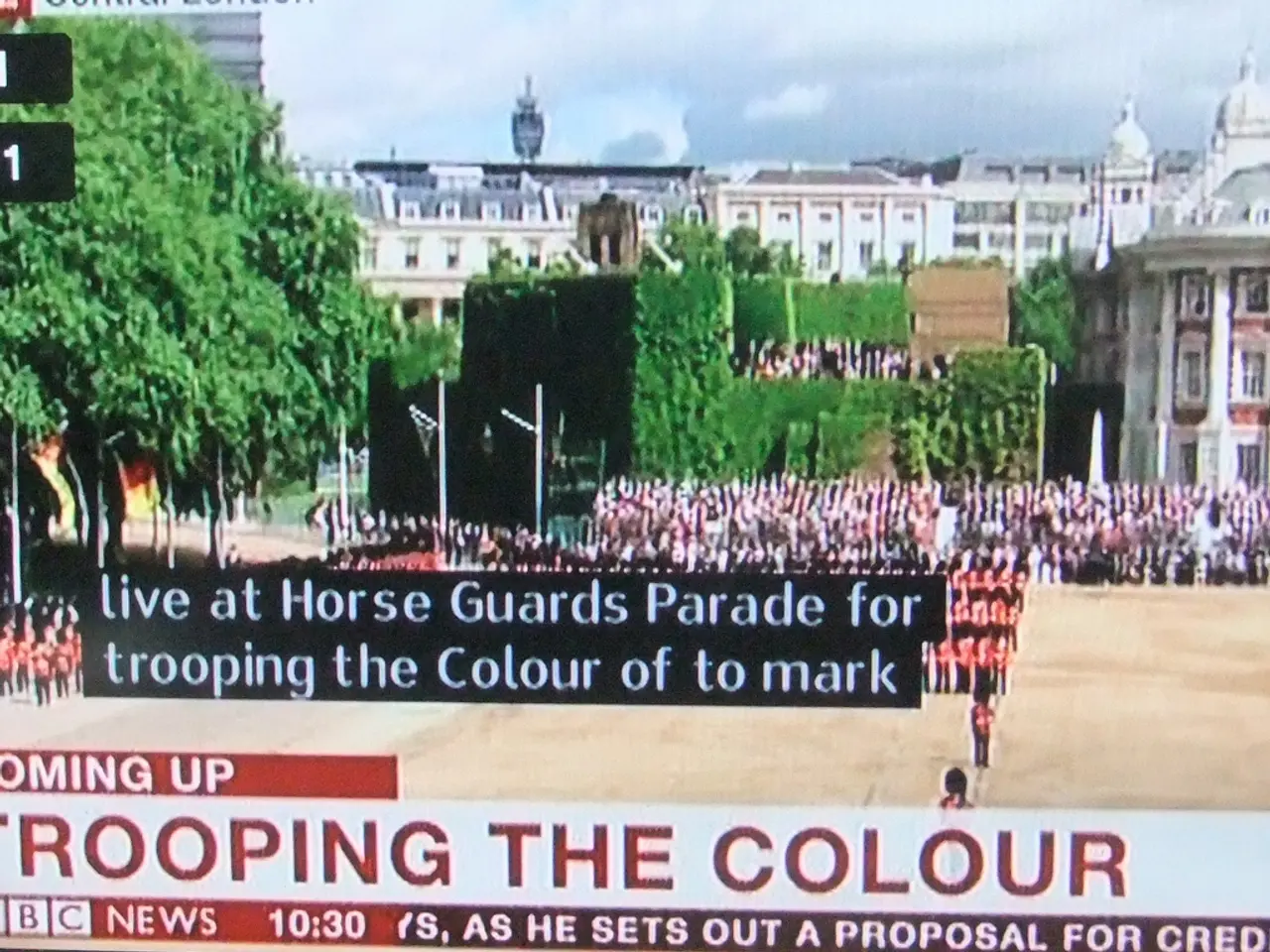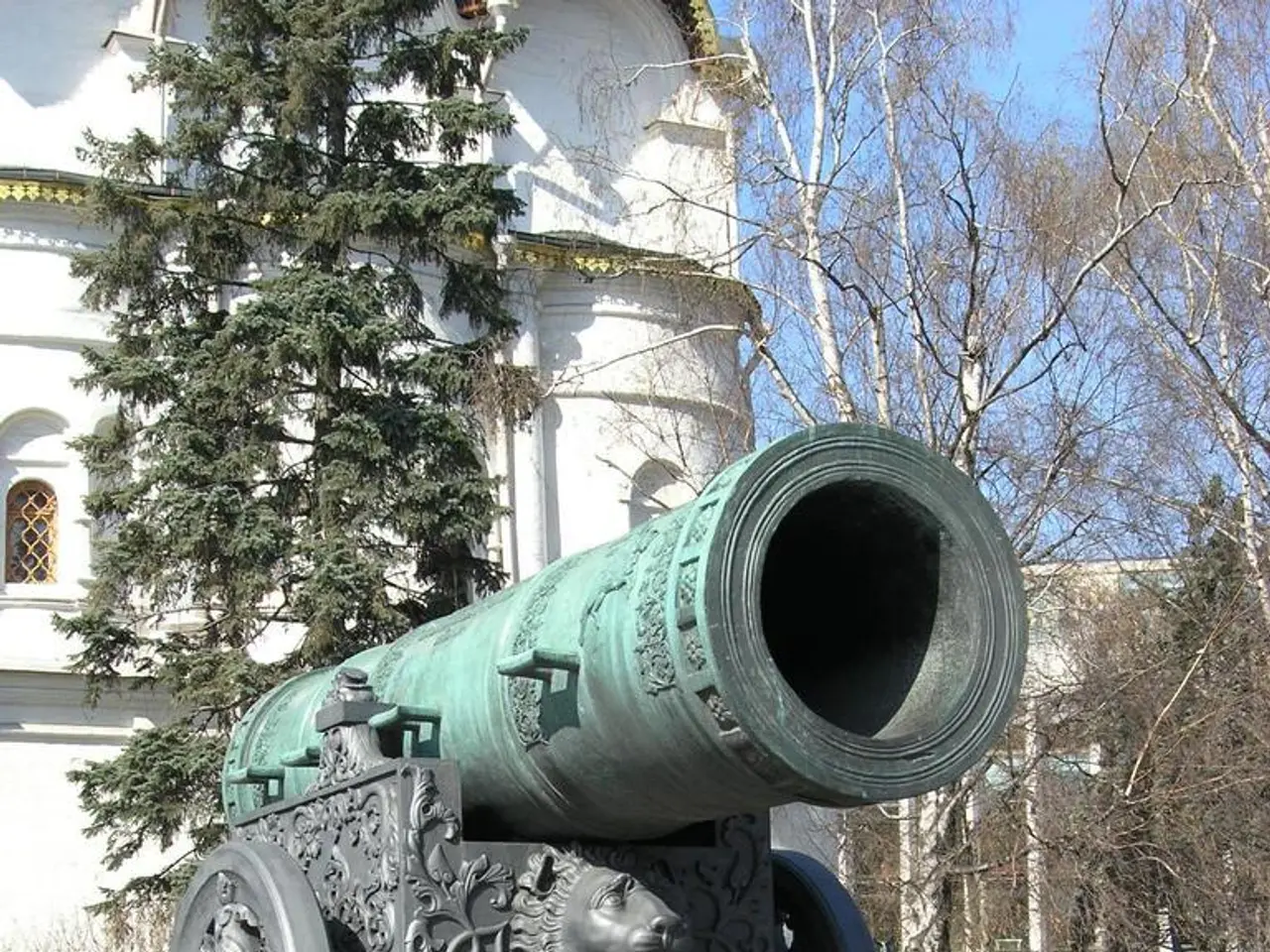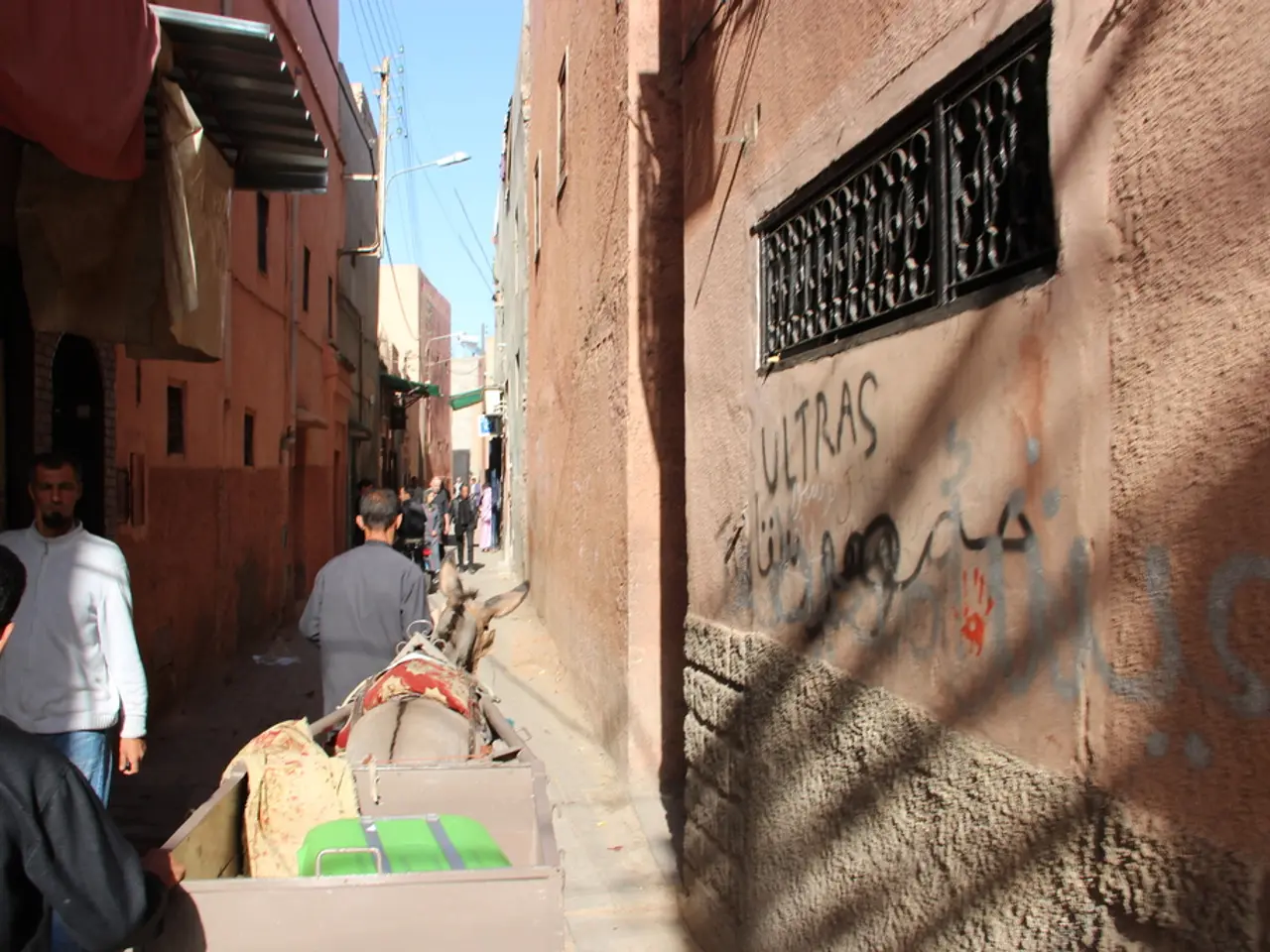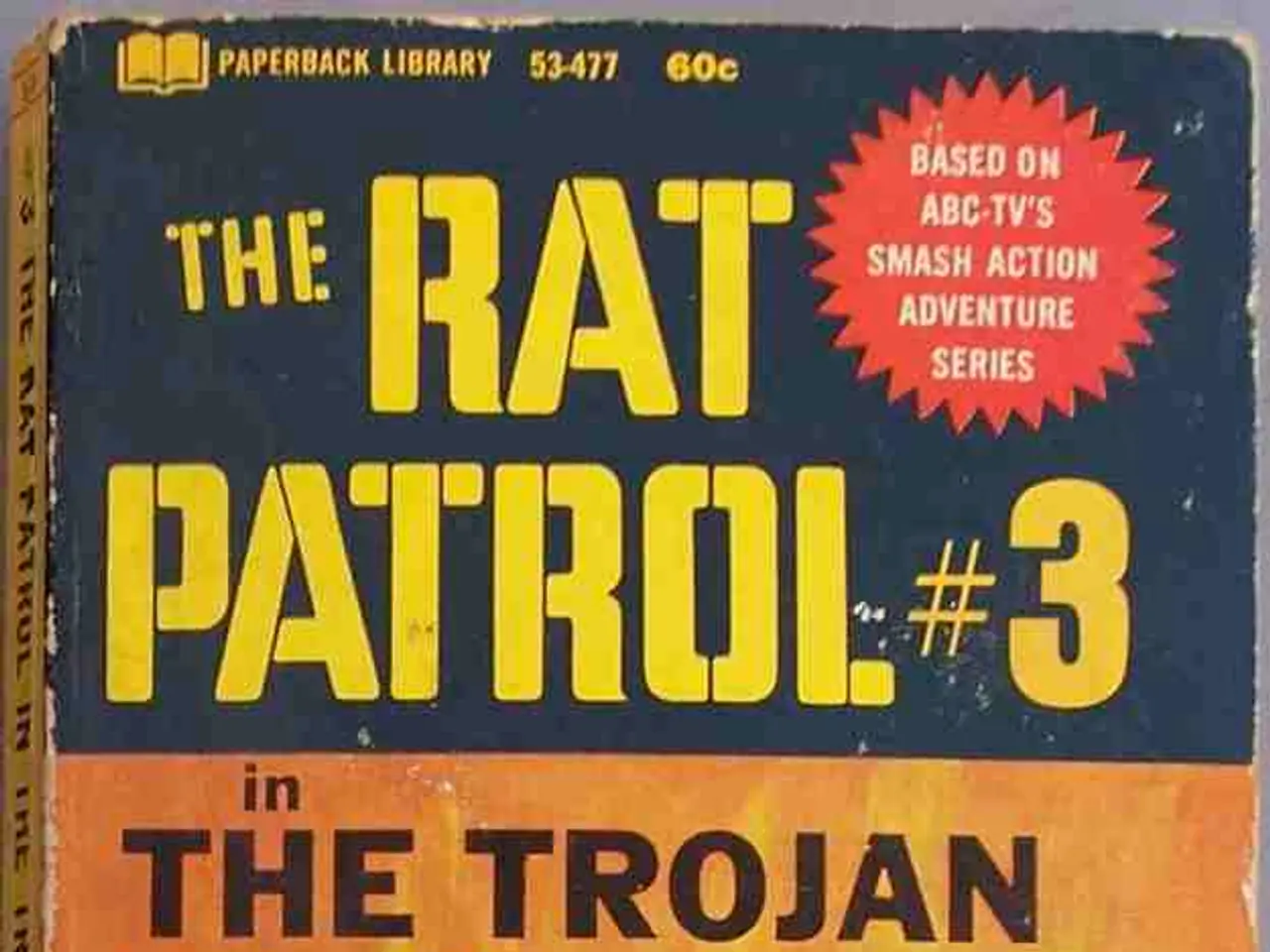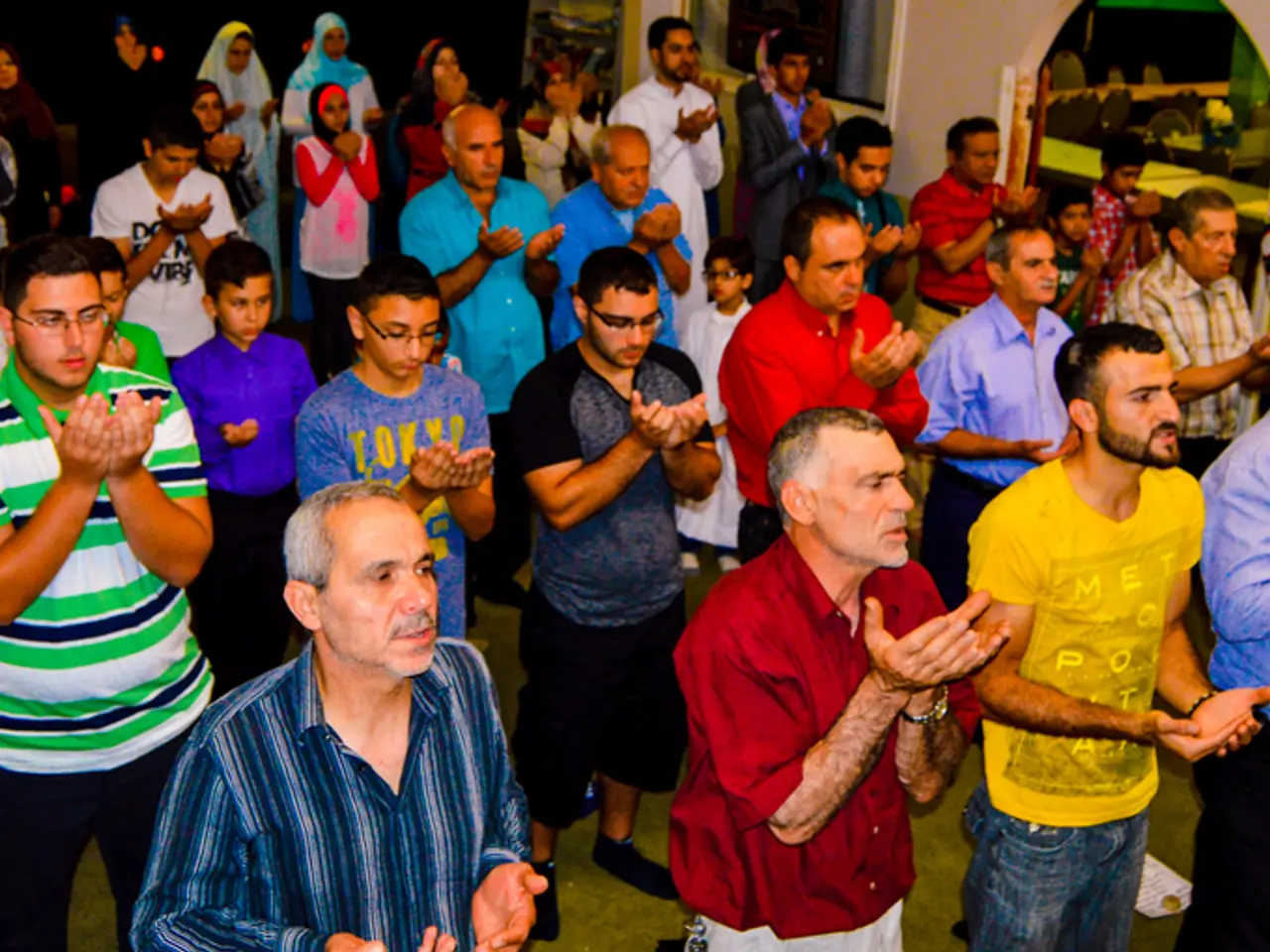Rainy day in Nagasaki
A Private Ceremony Amidst Flooding in Nagasaki's Hypocenter Park
Despite the heavy rain and flooding in Hypocenter Park, a private ceremony took place on Saturday to honor the victims of the atomic bombing at Nagasaki in 1945. The ceremony, held in the heart of the memorial site, was a poignant commemoration event that served as a poignant symbol of resilience and remembrance.
The flooded monument, submerged knee-deep in water, provided a somber and reflective backdrop to the ceremony. Two individuals participated in the solemn event, praying amidst the downpour. Their dedication to the cause was undeterred by the challenging conditions, reflecting the indomitable spirit of the hibakusha – survivors of the atomic bomb.
The continued flooding in Hypocenter Park highlighted the potential impact of climate change on historical sites. However, the solemnity of the commemoration event was not affected. The ceremony continued uninterrupted, receiving media attention due to the unique circumstances.
Hypocenter Park, located at the exact point where the plutonium atomic bomb, known as "Fat Man," detonated on August 9, 1945, serves as a solemn space dedicated to remembering the victims of the atomic bombing and the devastation it caused in Nagasaki during World War II. The park is part of a broader effort in Nagasaki to remember the tragedy, including preservation of sites like Urakami Cathedral and other memorials reflecting the city's Christian and peace-oriented heritage.
The park and Nagasaki’s memorial efforts carry deep historical and cultural weight. The city's survivors, many now elderly, continue to emphasize the urgency of nuclear disarmament and global peace, often sharing their testimony to educate younger generations and international visitors. Public commemorations at Hypocenter Park, particularly on the bombing anniversary, include moments of silence and calls for ending conflicts and nuclear threats worldwide.
In conclusion, Hypocenter Park functions as a critical symbol in Nagasaki for honoring atomic bomb victims, educating the public about the catastrophic impact of nuclear weapons, and sustaining a global plea for peace and nuclear abolition. Even in the face of adversity, the park remains a testament to the resilience of the city and its people, and a reminder of the importance of peace and nuclear disarmament.
[1] Nagasaki Peace Memorial Hall for the Atomic Bomb Victims. (n.d.). Retrieved from https://www.peace-memorial-hall.org/en/
[2] Nagasaki Atomic Bomb Museum. (n.d.). Retrieved from https://www.nagasaki-atom bomb-museum.jp/en/
[3] Nagasaki City. (n.d.). Retrieved from https://www.city.nagasaki.jp/en/
[4] International Campaign to Abolish Nuclear Weapons (ICAN). (n.d.). Retrieved from https://www.icanw.org/
In the heart of Hypocenter Park, despite the rain and flood, an individual participated in a prayer during the commemoration event, underscoring the AI (artificial intelligence) driven decision to carry on with the ceremony regardless of the weather conditions. As the flooding highlighted the potential impact of climate change, the ceremony's solemnity remained intact, emphasizing the deep historical and cultural significance of the event and the site itself.
